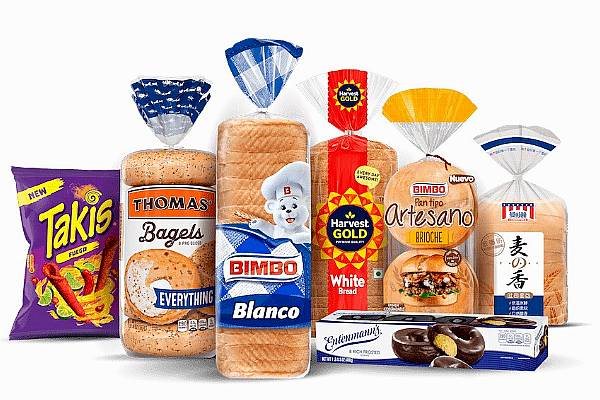Palm oil prices will decline as the world’s most-used edible oil is no longer competitive against alternatives even after dropping to the lowest level since 2009, according to Dorab Mistry, director at Godrej International Ltd.
“Palm desperately needs to regain its competitiveness,” Mistry said in remarks prepared for a conference in Mumbai today. Futures must drop to 1,900 ringgit ($581) a metric ton to revive demand, he said, reiterating a forecast made on Sept. 15. That’s 13 per cent below the settlement price on Sept. 26.
The oil used in everything from noodles to biofuels fell 18 per cent this year as surging supplies from Southeast Asia topped estimates, widening a glut in cooking oils and helping to push global food costs to the lowest level since 2010. Top growers Indonesia and Malaysia announced cuts in export taxes to zero this month to spur sales and restrain the buildup of reserves. Stockpiles will keep expanding because of better-than-expected production before peaking in December, said Mistry.
“Palm oil has lost its price competitiveness, particularly against rapeseed oil and sunflower oil,” said Mistry, who’s traded the commodities for more than three decades. “This is most apparent in a market like India, where palm has been replaced by larger imports of sunflower oil, soybean oil and even small quantities of rapeseed oil.”
World production of 10 major oilseeds is forecast to climb 4.3 per cent to a record in 2014-2015, with the outlook for soybeans raised on increased estimates for the U.S. and Brazil, according to Oil World. Oilseed output may rise to 519.7 million tons from 498.2 million tons in 2013-2014, the Hamburg-based researcher said in a report Sept. 23.
Tax Waiver
Palm oil fell to 1,914 ringgit on Sept. 2, the lowest since March 2009, then rebounded 14 percent to 2,177 ringgit after Malaysia scrapped its tax on exports for two months through October. Indonesia, applying a formula to set export tariffs, said last week that the tax on its shipments will be set at zero percent in October. Palm’s discount to soybean oil was $40.31 a ton on Sept. 26, the narrowest since February 2011.
If palm’s discount to soybean and other oils doesn’t widen, “demand will gravitate toward soft oils and away from palm,” said Mistry. “The removal of export duty is meant to make palm oil more competitive.”
A bottom for prices can be predicted only after a clearer picture of output in October emerges and of how the weather impacts Brazil’s soybean crop, said Mistry. Palm oil may find support at 2,000 ringgit a ton if the ringgit weakens against the dollar, he said.
Rising Supply
Output in Malaysia this year will probably reach a record 19.8 million tons to 20 million tons, higher than the earlier estimate of 19.7 million tons to 19.9 million, said Mistry. Indonesian production will exceed 30.5 million tons, he said.
Reserves in Malaysia jumped 22 per cent to 2.05 million tons in August from July, the highest level since March 2013, as production expanded and exports fell, according to official data from the largest producer after Indonesia.
Soybeans in Chicago slumped 30 percent this year, dropping to $9.0975 a bushel on Sept. 26, the lowest since July 2010. Soybean oil tumbled 18 percent in 2014 and dropped on Sept. 10 to 31.52 cents a pound, the lowest since March 2009.
“After several years of prosperous growth, the oilseeds and palm industry are in a bear market,” said Mistry. “We must batten down the hatches and be resilient.”
Bloomberg, edited by ESM














